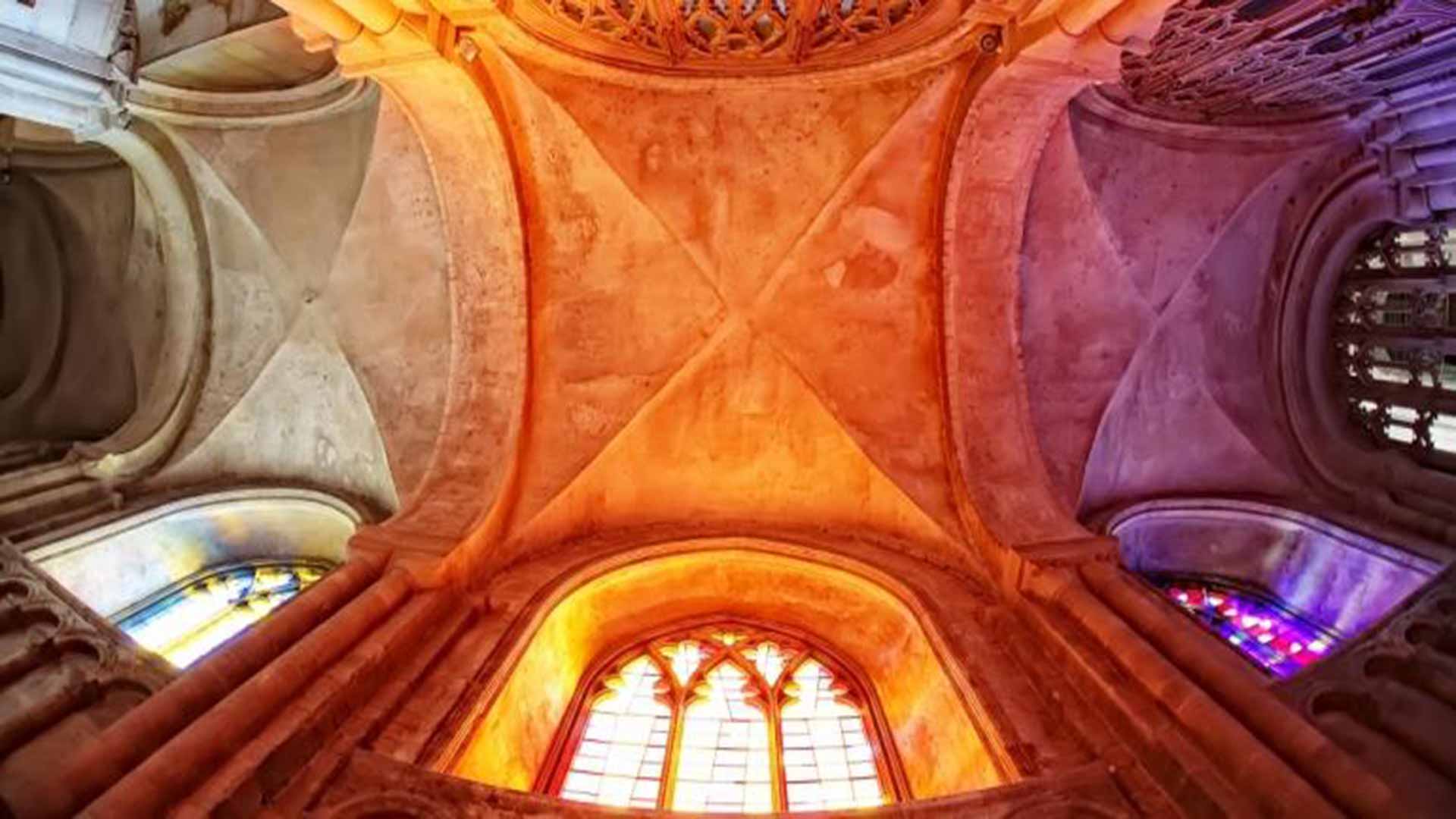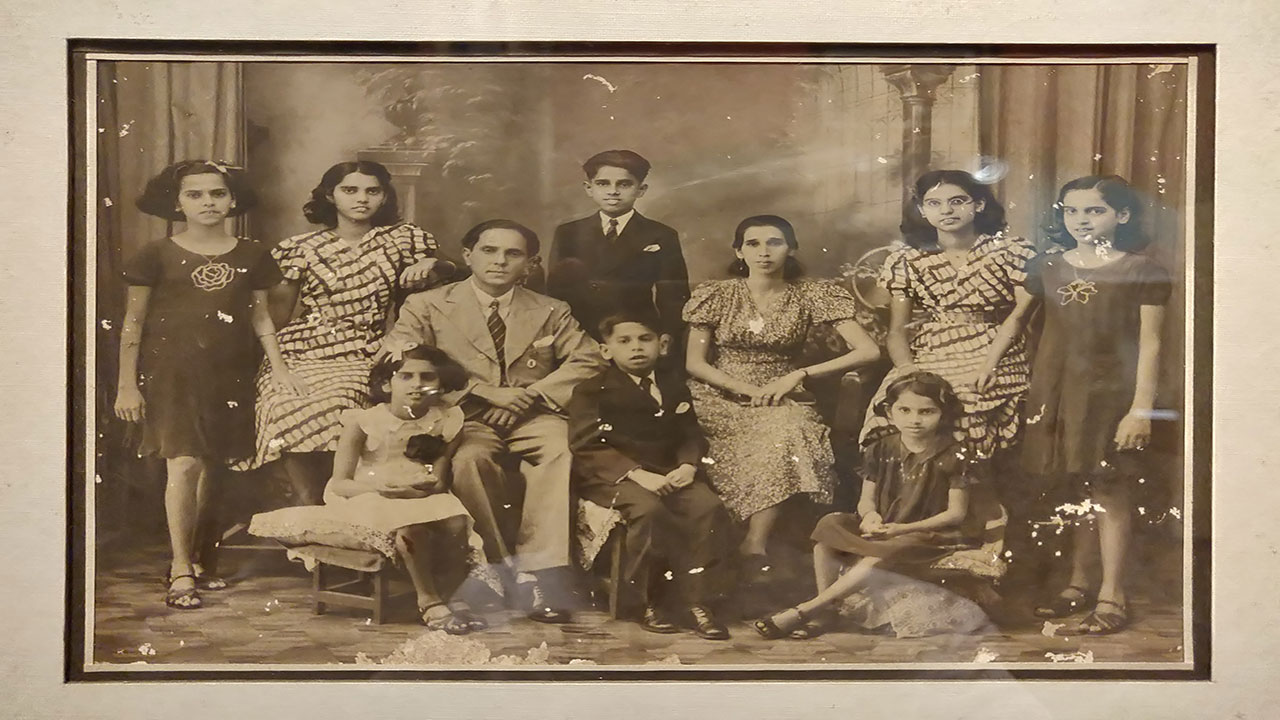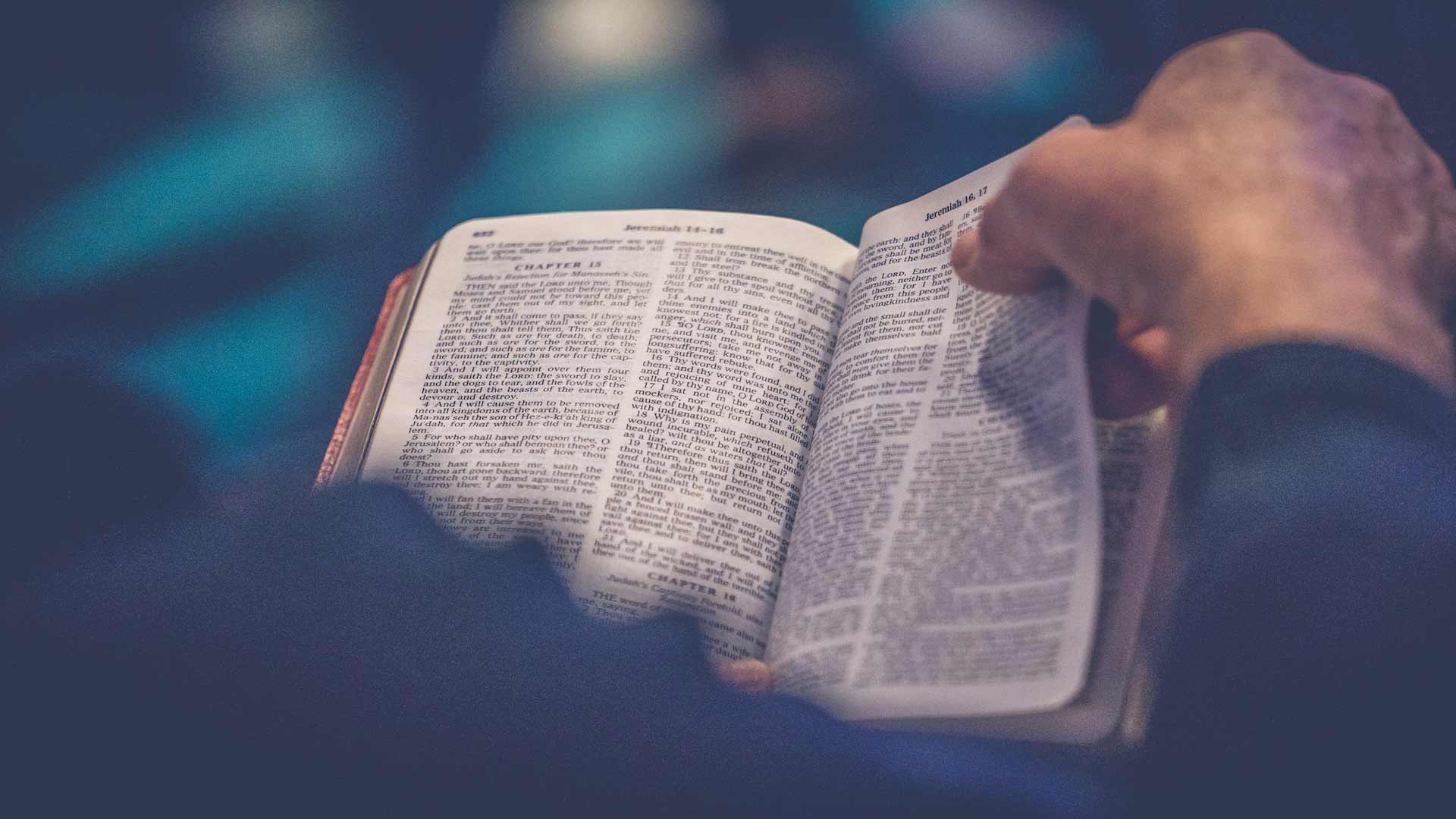Of St Patrick’s Day and Other Misappropriations
As I walked down Panjim’s sunset boulevard, I noticed green placards hanging low on cheerless lampposts, screaming: ‘17/03/17!’ (Saturated with the political goings-on, I wondered what troika the Seventeen were now trying to trap after the Thirteen, by artful combinations and permutations, had already surprised everyone!) Soon the morning newspapers said it all: 17/03/17 – Happy St Patrick’s Day!
It was clear from the daily’s promotional lingo that a new festival was on the cards. Goa was being pushed to celebrate distant Ireland’s patron saint, like their diaspora does in Europe, America and Oceania. Goa wouldn’t stay aloof after having been flatteringly styled a “home to varying celebrations that have origins in various parts of the world, largely owing to its diverse base of residents”. It was the voice of globalization commanding participation.
Exploiting that trace of vanity in the Goan personality is something the secular press has always been quick to do, satisfying the business class and officialdom. Their advertorials have their own logic and propriety, usually to the detriment of a gullible population. And alas, by their thirst for sensation and spotlight, people do go all out for a flashy initiative in town, be it in business, politics or religion.
Would that be a proper response to the hijacking of Catholic dates and events by the secular world? If St Patrick’s were a religious feast in Goa, a church patio somewhere would have been abuzz; but there isn’t a single place of worship dedicated to the Irish saint. Regardless of all that, and in breach of the Lenten spirit, our youth participated heart and soul in a much publicised event – “St Patrick’s Day Live”, 7.00 p.m. onwards, at the Inox courtyard! I doubt other communities would have frolicked likewise if something that they regarded holy were involved.
At any rate, considering that Goa is used to celebrating at the drop of a hat, this outburst may seem like a storm in a teacup. However, it’s not about St Patrick’s Day alone. It is about how similar events are foisted on us through ingenious publicity; it is about how our Catholic youth fall prey to them so easily, cutting a poor figure on the social front and exposing themselves to risk on the spiritual front; and it is about how, often, and sadly, it is members of our community that are promoters of such far-out ideas.
Such initiatives smack of crass commercialization. Consider this. If for the purpose of any trade, business, calling or profession, it is illegal in India to use certain emblems and names that may be suggestive of State patronage; can it be licit to liberally use religious names or concepts subverting their original intent? How are St Francis Xavier or St Anthony appropriate, let us say, to a bar or tavern? And our dear St Valentine, who is the patron saint of lovers: see how dishonorably he is treated. Such absurd practices go uncontested, so commercialization has a field day.
Our lives are further made banal by the unholy alliance of commercialization and the near-total secularization of the mind. The story of Santa Claus as spun by Coca Cola speaks volumes; it is a narrative of materialism and consumerism that has chimed with all and sundry. It is a standing invitation to celebrate. With, or without Christ: that is not the question! And so it happens that the gifts of the season matter – but not The Gift! Secularization has indeed distorted the idea of divinity, if not displaced it from people’s minds; it is the opium of the people.
Yet, secularization is only the beginning. Look at Carnival. It is show business in the guise of religion and culture – simply ruinous. The powers-that-be have been portraying it conveniently as a Christian festival. For the past quarter of a century, the Church in Goa has cried herself hoarse about its pagan roots and irrelevance to Christianity. Even so, ‘secular-minded’ Catholics continue to patronise those bizarre festivities. If pagan gods Momo and Mammon have gained acceptance in modern society, there is no doubt that secularization is spiralling towards paganization.
The bottomline is that we haven’t done enough to guard the Faith; the attendant problems are a result of a deep-seated malaise within the organization. It is sad and ironic that the Church, whose philosophy once governed the nations, is herself besieged by the forces of globalization, commercialization, secularization and paganization. So the time has come for a collective realization, a genuine awareness of the gravity of the problem. This won’t be a mere storm in a tea cup but a benign tsunami that will cleanse the system, snuffing out the “smoke of Satan”. Let’s get ahead and do it prayerfully, before another St Patrick’s Day arrives.
(First published in Renovação/Renewal, 1-15 April 2017)
St Patrick in Goa?
What’s this fanfare about St Patrick’s Day in Goa, which, if reports are to be believed, is slowly gaining popularity in the state?
St Patrick is a saint of the Catholic Church. The patron saint of Ireland, he is credited with having driven away serpents from the island country, though others say the reptiles never existed in the first place! Understandably, it is a religious feast that has entered the Irish lore, but since when in Goa? If it were a local religious feast, at least one church or chapel here would have celebrated the day…. Not that I know of.
So it appears that this is a new festival being foisted upon the people of Goa. With due respect for the enthusiasm of the Irish settled in our midst – whatever their number – one thing is sure: St Patrick’s Day is not a celebration that has sprouted from the local soil. And in its present avatar, it is less of culture and more of show biz….
Alas, much like Carnival, it is being portrayed as a Catholic festival. But the truth is that this celebration is not connected to religion or culture. It is simply about partying; it is about merry-making and having a good time. And to give it a good name, there is usually some fund-raising attached to it. This may slip away with the passage of time, but the amusements will surely stay.
It is never a good idea to cash in on or commercialize religious dates or events. Look what they’ve done to St Nicholas. People don’t even recognize his name unless pronounced ‘Santa Claus’! The Saint has been made use of to ruin the tender spirit of Christmas the world over. Are we going to use St Patrick’s revered name to destroy the solemnity of Lent in Goa?
It may be true that the Lenten restrictions on eating meat and drinking alcohol are lifted for the sake of this day in Ireland. But in Goa? It is as though the proverbial serpents have sneaked in here!
Let me say with due apologies to the Bard of Avon: If this be error and upon me proved, I never writ, nor no Goan ever celebrated. At any rate, pat must come our prayer to St Patrick: “Mag amche pasot!” Pray for us.
(First published in Herald, Panjim, 18 March 2017)
Lent, an irresistible balm for the soul
Haven’t we felt listless, not to say ill at ease, about Lent, sometime in our life? As a child, I tagged along with my parents to liturgical services that made little sense. Not surprisingly, on reaching the age of reason, I had to be cajoled into attending them. Then, suddenly, I got a break. I found motets, songs for the season, composed by Goa’s unnamed musicians of old, to be an absolute feast for the ears, alongside similar compositions by Bach, Palestrina and Mozart. I also discovered, quite ironically, that the Via Dolorosa in the balmy evening breeze and to the chirping of birds in the woods of Altinho was not so dolorous after all!
Much as I delighted in those two little secrets, at one point I felt an interior dryness, a sense of futility, as though I were trudging a wasteland. The saving grace came from my grandmother’s exemplary life, which was far better than precept. Likewise, my parents’ quiet commitment to the Faith, amidst their daily toil and moil, provided important insights into the valley of tears we live in. And Scripture wrapped it up so beautifully: “Look at the birds of the air: they neither sow nor reap nor gather into barns, and yet your heavenly Father feeds them. Are you not of more value than they?” (Mt. 6: 26)
Clearly, the rituals that I had cheekily dismissed yesterday changed into victuals for the spirit today. And as another season of Lent comes round, I know just how it will turn out, how they will sustain me…. Beginning Ash Wednesday, I will go to church more often than usual, for Mass and Stations of the Cross. On a hopefully bright and festive Palm Sunday morning, I will feel cheery. Yet, by evening, my mood will change hugely – as it always did when I witnessed the spectacle of the full-size statue of the Suffering Lord emerge from the immaculately white church of the zigzag stairway, to join the faithful clad in dark shades, in a penitential procession through the streets of the capital.
What a poignant start to the Holy Week! It’s the last lap of an all-embracing spiritual journey. You’ll probably catch me shaking off distractions on holy Monday, Tuesday and Wednesday. Through the rest of the week, I will be all eyes and ears to the Mystery of mysteries replayed in the Paschal Triduum, from the moment of that bittersweet Last Supper on Maundy Thursday through excruciating Good Friday and triumphant Easter Sunday. Soon, the week’s darkness will give way to light and its drabness will translate into loud proclamations. The faithful will be beside themselves, singing in an unending refrain: “No one can give to me that peace that my Risen Lord, my Risen King can give.”
It pays to be fools for Christ; Chesterton’s “Donkey” is proof that there will be no regrets. The thought of self-privation, which had bugged me when young, doesn’t assail me. I find it easier now to give up a favourite food or a much-loved pastime. Penance and sacrifice, besides fostering self-discipline and tempering our desires, are game-changers. They help to boost one’s spiritual life and improve our physical health. We are led to find ways and means to step up our knowledge of our faith; perform acts of kindness and mercy, wherever we may be; pray for others, and clean ourselves inside out by means of a holy confession. Before long, we learn to slow down, while the rest of the world is in a rat race, enjoying in a fool’s paradise.
It is reassuring to think of Lent as pilgrimage toward the profound mystery of the passion, death and resurrection of Jesus Christ. Benedict XVI says it is also “a privileged time of interior pilgrimage toward Him who is the fount of mercy. It is a pilgrimage in which He himself accompanies us through the desert of our poverty, sustaining us on our way toward the intense joy of Easter.” How, then, can we be listless or ill at ease at Lent when an irresistible balm for our soul is at hand?
(First published in The Times of India, Panjim, 1 March 2017)
The Other Side of Mercy

With Pope Francis’ Bull of Indiction Misericordiae Vultus (The Face of Mercy), God’s mercy has come into sharp focus – and rightly so. But, at the same time, are we obscuring its reverse side – the reality of Divine Justice ?
After quoting the Bible profusely to prove that God’s intrinsic nature is Mercy, the Pope goes on to cite his predecessors – first, John XXIII, who at the beginning of the Council said, “Now the Bride of Christ wishes to use the medicine of mercy rather than taking up arms of severity…”; and second, Paul VI, who at its conclusion stated that “a wave of affection and admiration flowed from the Council over the modern world of humanity. Errors were condemned, indeed, because charity demanded this no less than did truth, but for individuals themselves there was only admonition, respect and love. Instead of depressing diagnoses, encouraging remedies; instead of direful predictions, messages of trust issued from the Council to the present-day world.”
These words may have been evocative fifty years ago, fresh as the world was from the cruel acts of the two Wars and their convulsive aftermath; whether today they can be taken literally is debatable. Hasn’t the mass of humanity and individuals per se changed beyond belief? In fact, many an assessment of the Council points to a weakening of our religious faith and practice. Closer to our times, John Paul II, influenced by Sister Faustina, reiterated the theme of mercy, in Dives in Misericordia. But meanwhile, there was a further shift in modern man’s world view. Probably, this stemmed from the line of least resistance that the Church had adopted against the world’s vile tendencies, as is evident from Paul VI’s words on the said occasion: “The modern world’s values were not only respected but honoured, its efforts approved, its aspirations purified and blessed…”
Before long the entente with the world went awry. The new sense of freedom eventually brought about loss of the sense of sin (as the present Pope himself has elsewhere pointed out); so now we queue up quicker for Holy Communion than for Confession! That newfound freedom has spiralled into amoral, immoral, and blatantly anti-Catholic stances on the part of some of our ill-advised co-religionists; it has erected a sheer façade of spiritual health and a make-believe atmosphere of well-being, even while the community’s moral and spiritual fibre is weakening.
Will merely soothing words help restore the balance? Will not ‘Mercy’, used loosely – much like ‘Love’ that is now more readily seen as eros than as agape – eventually be a casualty? It probably will, if we continue to proclaim it from the rooftops without the least contemplation of Justice. In Misericordiae Vultus, Justice finds a place after nineteen sections extolling Mercy; even then it is equated with a tendency toward legalism. Finally, the reminder that, “for his part, Jesus speaks several times of the importance of faith over and above the observance of the law”, may have put many on the back foot.
But presently we would only stress the importance of gazing at the face of Justice. Aren’t many ills of the contemporary world a consequence of the neglect of the divine law and justice? Much like our school children nowadays accustomed to ‘automatic promotions’, only to be shocked when confronted with the spectre of the Board examinations, leniency in spiritual matters could have a like effect even for believers. Would it therefore not be better to have our senses so sharpened that we take to justice like fish to water? The wheels of society would then be well oiled and running smoothly; we would live with honour and in peace.
In Immortale Dei, Pope Leo XIII notes that “there was once a time when States were governed by the philosophy of the Gospel.” Today, in stark contrast, secular and atheistic philosophies have resulted in heterodox and muddled thinking. The teaching authority of the Church has to step in firmly and help the faithful swim against the tide. The aid thus received would be useful in practical, day-to-day matters, and vital from the perspective of the Judgement. Unless we are used to the idea of justice, will the certainty of the Judgement sink in?
To conclude: Favouring Mercy to the detriment of Justice would be a disservice to God and Man. The two are not antithetical; in fact, justice without mercy is cruelty, said St Thomas Aquinas; but mercy without justice is the mother of dissolution, he added. So let’s talk of Mercy and Justice in the same breath, and then have a “faithful abandonment of oneself to God’s will”.
(Published in The Examiner (Bombay), Vol. 167, No. 14, 02-08 Apr 2016)
Naval Band enthrals
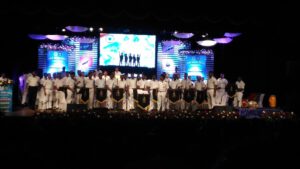
What we know of the Indian Navy is that it safeguards the nation’s maritime borders, enhances international relations through joint exercises, port visits and humanitarian missions, including disaster relief.
What we know very little about, however, is that the Navy prides itself on its band. They perform at events of national and international significance. Those include the Republic Day Parade and the celebrations that culminate in the Beating Retreat ceremony in New Delhi.
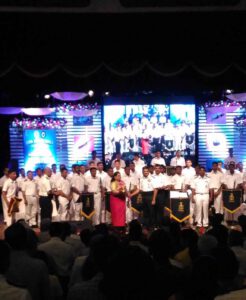
Interestingly, the Band, formed way back in 1945, accompanies naval ships on goodwill visits to foreign shores. It has woodwind, brass and percussion sections. String instruments include the violin and the double bass; and among the Indian instruments are the tabla and the dholak. The Indian Navy musician officers, playing in ensemble with the bands of foreign nations, double as unofficial musical ambassadors of the country.
The sixty-six men Indian Naval Symphonic Band is in concert in our State, performing under the baton of the Director of Music (Navy), Commander Vijay D’Cruz, who is of Goan origin. He is assisted by T. Vijayraj. Their repertoire includes fanfare, waltz, folk, swing, fusion, hymns and patriotic music; of which my favourites were 'Le Mariage de Figaro', 'Skater's Waltz' and 'Abide with Me'.
Commander's D'Cruz's composition, ‘Folk Tunes of Western India’, which took the audience on a journey through the states of Western India including Goa enthralled the audience. ‘American Patrol’, a popular marching tune composed by Frank White in 1885, and ‘Shanmughapriya’, a ragam in Carnatic music, followed.
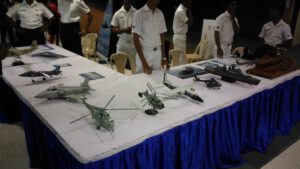
Today’s show at Dinanath Mangueshkar auditorium of Kala Academy was packed to the rafters. It was beautifully compered by Genevieve da Cunha, wife of commanding officer of INS Mandovi, Captain Sanjay da Cunha, whose family hails from Curtorim.
A beautiful mix of great social propriety and bonhomie marked the event. It was a treat to see the officers and their families interacting among themselves and with their guests.
Miracles of Motivation
If you have ever wondered how others work miracles while we spend time ruing the past or cursing our present, be sure there is only a thin line of separation between those achievers and us. The difference lies in that they know where they are going, while we don’t; they now how to get there, while we are lost in the maze of life. What’s more, we haven’t the fuel that drives them, the fuel that goes by the name of Motivation.
What really is motivation? It’s a whole set of motives that prompts one to act in a particular way. These motives may come naturally to some people; they may have to be induced in others. Let’s say, a young man is naturally inclined to music or sports, and only a little towards academics. He may begin to show some discipline in life if he realizes that even a career in music or sports is academically rigorous.
That is to say, having a goal in sight can motivate us. Of course, happy are those who blend their natural inclination with a profitable life occupation, for they will be self-motivated. In fact, self-motivation is the best form of motivation for a student or employee; it dispenses with coaxing. There is nothing better than finding good reason to do what we are doing; even if difficulties come our way, we will find the way out and, for the love of the final goal, be on track again.
But this is only a model situation; it exists for a fortunate few, while the bulk of people may experience negativity – worry, disappointment, frustration. Motivation itself can feel contrived if there is an element of coercion. That is when one has to either refocus – if one has any stamina or presence of mind left – or one can seek help. Nowadays, counselling is only a step away, be in educational institutions or at workplaces. With a wee bit of interest and initiative, there can easily be a turnaround, and like the proverbial sunflower, we can bask in sunny glory once again.
All things considered, there seem to be two golden rules behind feeling a motivation boost: One, to believe in oneself, and the other, to work smartly. Believing in self is nothing but being grateful to the Good Lord who has made each of us unique. He calls us to open out, unfold, and expand our potentials, for there is none other who can do what we have been destined to do.
However, there is no short cut. Our life mission will be complete only when we have put in our all into what we are doing, keeping at it, without longing for a brainwave. To quote Edison: “Genius is one per cent inspiration and ninety-nine per cent perspiration.” Equally true what that other genius called Pasteur has said: “Chance favours the prepared mind.”
Motivation is a powerful engine; it can move mountains. All we have to do is keep working while we wait for the miracle to happen.
(News and Views, Vol. XI, No. 1, April 2016)
Mama
.............................................................................................................................................................................................................................................................
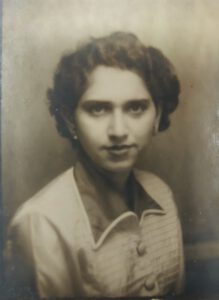 To us, our mother Judite was a fine human being whose external beauty was a reflection of her inner self. She was a simple soul and she led a simple life, with few demands and even fewer expectations. On the other hand, she gave a lot of herself to others, especially her family. Her diminutive stature was compensated by a large heart, and this is what helped her straddle the responsibilities of a large family and her workplace.
To us, our mother Judite was a fine human being whose external beauty was a reflection of her inner self. She was a simple soul and she led a simple life, with few demands and even fewer expectations. On the other hand, she gave a lot of herself to others, especially her family. Her diminutive stature was compensated by a large heart, and this is what helped her straddle the responsibilities of a large family and her workplace.
We were a family of seven. But for all practical purposes we were at least ten, for besides our revered Avó Leonor and our fondly remembered Tia Lídia, relatives studying or working in Panjim would stay with us. Mama welcomed them all. Fondness among the extended family was at its best in those almost carefree days. And since the hand that gives, receives – something Mama said again and again – she received immense help from her sisters, particularly after the 1992 malaria bout that shunted five of us to hospital. This was a very stressful period for Mama; she remained ever grateful to Dr Adélia Costa who helped her out of it, much as she was always grateful to Dr Arcanjo Menezes, who saved her from a tricky medical condition when Sávio was born; as did Dr Roque Ribeiro, on a later occasion.
Mama enjoyed music and the company of people. Blessed with a voice particularly suited to the mandó and religious hymns, she, as a true Curtorcar, took pride in composing mandó for family weddings and anniversaries. Mild-mannered and cordial, she won respect and love, so much so that friends from her office days stayed on with her long into her retirement. She never coveted wealth, power or influence; she was happy with “o pão nosso de cada dia” (our daily bread) – another of her favourite sayings; she was deeply thankful for whatever she had received from the Good Lord, and this kept her cheerful at all times.
A picture of our beloved Mama is not complete without a reference to our dearest Papa. The union of the two through the intercession of St Judas Thaddeus remained blessed, thanks to their devotion to each other and above all to God, to Jesus and His Blessed Mother. The daily Rosary, the Bible, and the Sunday Mass were our staple fare. For our parents, it was also The Memorare and, of late, the Chaplet of Divine Mercy, which they would recite without fail at 3 o’clock: a tradition that Mama kept up till her last days.
Our parents taught us more by example than by precept what it meant to remain united as a family. And a real eye-opener it was when Papa first told us the touching story ‘União faz força’ and Mama chipped in to say that ‘Unity is Strength’ had 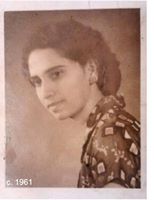 indeed been the theme of her first lesson as a school teacher. Ilídio fondly recalls the time we spent together as a family, sharing experiences, ‘not a waste of time but an investment’.
indeed been the theme of her first lesson as a school teacher. Ilídio fondly recalls the time we spent together as a family, sharing experiences, ‘not a waste of time but an investment’.
You can imagine how difficult it must have been for a mother of five to take care of the household. But neither lack of know-how nor lack of finance was ever a barrier, because Mama did everything with love and out of love. Innovative and creative that she was, she often improvised dishes, cleverly giving them attractive names that magically seemed to enhance the taste. Of gentle ways, her tender hand on our weary foreheads was better than cold water compresses. Her concern for her sons, daughters-in-law and grandchildren knew no bounds. She would not fall asleep until everyone was home. We faulted her for that, but she just couldn’t help it.
Mama was practical minded but her over-concern for us once led her to suggest that we build a big house where all of us siblings and our families would stay together. On another occasion, so anxious was she, not knowing which part of Africa Orlando was stuck in, that, on the telephone, she misheard ‘I am in Johannesburg’ as ‘I am a joyless bird’. She bid him to return quickly, and return he did. What’s more, on his arrival our Benjamin was rushed to the hospital with a highly inflamed appendix…
That was amor de mãe – mother’s love defined. She and I would very often be at our phones at the same time, trying to get across to each other. ‘Telepatia’, she would say... Similarly, her trips to Europe were rather an occasion to be with Ivo and his family, all of whose company she missed.
While she was blessed with talent for music, drawing and craft, she appreciated these better in her grandchildren. They meant the world to her as did her daughters-in-law whom she saw as extensions of herself in what concerned taking care of her five sons! And her daughters-in-law responded with deep love and admiration and indeed gave their best when it came to her last six months of illness. They were five pillars of support to Mama’s five sons.
……………………………………………………………………………………………………………………………………....................................................................................
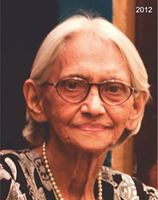 Mama and all of us went through some of the most difficult moments of our life: five and a half months Mama suffered to make us used to the idea that she was going to be no more; and in the process emptied herself completely, to the last drop of her blood, in a spirit of total sacrifice. For the family it was a necessary purgatory, which led us to pray harder than usual and to show our mother that we loved her. For Mama it was, hopefully, her Purgatory on earth, so now we have the moral certainty that she already possesses the Beatific Vision.
Mama and all of us went through some of the most difficult moments of our life: five and a half months Mama suffered to make us used to the idea that she was going to be no more; and in the process emptied herself completely, to the last drop of her blood, in a spirit of total sacrifice. For the family it was a necessary purgatory, which led us to pray harder than usual and to show our mother that we loved her. For Mama it was, hopefully, her Purgatory on earth, so now we have the moral certainty that she already possesses the Beatific Vision.
(Excerpts from my funeral eulogy)
MAMÃ
……………………………………………………………………………………………………………………………………....................................................................................

To us, our mother Judite was a fine human being whose external beauty was a reflection of her inner self. She was a simple soul and she led a simple life, with few demands and even fewer expectations. On the other hand, she gave a lot of herself to others, especially her family. Her diminutive stature was compensated by a large heart, and this is what helped her straddle the responsibilities of a large family and her workplace.
We were a family of seven. But for all practical purposes we were at least ten, for besides our revered Avó Leonor and our fondly remembered Tia Lídia, relatives studying or working in Panjim would stay with us. Mama welcomed them all. Fondness among the extended family was at its best in those almost carefree days. And since the hand that gives, receives – something Mama said again and again – she received immense help from her sisters, particularly after the 1992 malaria bout that shunted five of us to hospital. This was a very stressful period for Mama; she remained ever grateful to Dr Adélia Costa who helped her out of it, as much as she was always grateful to Dr Arcanjo Menezes, who saved her from a tricky medical condition when Sávio was born; as did Dr Roque Ribeiro, on a later occasion.
Mama enjoyed music and the company of people. Blessed with a voice particularly suited to the mandó and religious hymns, she, as a true Curtorcar, took pride in composing mandó for family weddings and anniversaries. Mild-mannered and cordial, she won respect and love, so much so that friends from her office days stayed on with her long into her retirement. She never coveted wealth, power or influence; she was happy with “o pão nosso de cada dia” (our daily bread) – another of her favourite sayings; she was deeply thankful for whatever she had received from the Good Lord, and this kept her cheerful at all times.
A picture of our beloved Mama is not complete without a reference to our dearest Papa. The union of the two through the intercession of St Judas Thaddeus remained blessed, thanks to their devotion to each other and above all to God, to Jesus and His Blessed Mother. The daily Rosary, the Bible, and the Sunday Mass were our staple fare. For our parents, it was also The Memorare and, of late, the Chaplet of Divine Mercy, which they would recite without fail at 3 o’clock: a tradition that Mama kept up till her last days.
Our parents taught us more by example than by precept what it meant to remain united as a family. And a real eye-opener it was when Papa first told us the touching story ‘União faz força’ and Mama chipped in to say that ‘Unity is Strength’ had indeed been the theme of her first lesson as a school teacher. Ilídio fondly recalls the time we spent together as a family, sharing experiences: ‘not a waste of time but an investment’.
You can imagine how difficult it must have been for a mother of five to take care of the household. But neither lack of know-how nor finance was ever a barrier, because Mama did everything with love and out of love. Innovative and creative that she was, she often improvised dishes, cleverly giving them attractive names that magically enhanced the taste. Of gentle ways, her tender hand on our weary foreheads was better than cold water compresses. Her concern for her sons, daughters-in-law and grandchildren knew no bounds. She would not fall asleep until everyone was home. We faulted her for that, but she just couldn’t help it.
Mama was practical minded but her over-concern for us once led her to suggest that we build a big house where all of us siblings and our families would stay together. On another occasion, so anxious was she, not knowing which part of Africa Orlando was stuck in, that, on the telephone, she misheard ‘I am in Johannesburg’ as ‘I am a joyless bird’. She bid him to return quickly, and return he did. What’s more, on his arrival our Benjamin was rushed to the hospital with a highly inflamed appendix…
That was amor de mãe – mother’s love defined. She and I would very often be at our phones at the same time, trying to get across to each other. ‘Telepatia’, she would say... Similarly, her trips to Europe were rather an occasion to be with Ivo and his family, all of whose company she missed.
While she was blessed with talent for music, drawing and craft, she appreciated these better in her grandchildren. They meant the world to her as did her daughters-in-law whom she saw as extensions of herself in what concerned taking care of her five sons! And her daughters-in-law responded with deep love and admiration and indeed gave their best when it came to her last six months of illness. They were five pillars of support to Mama’s five sons.
……………………………………………………………………………………………………………………………………....................................................................................
 Mama and all of us went through some of the most difficult moments of our life: five and a half months Mama suffered to make us used to the idea that she was going to be no more; and in the process emptied herself completely, to the last drop of her blood, in a spirit of total sacrifice. For the family it was a necessary purgatory, which led us to pray harder than usual and to show our mother that we loved her. For Mama it was, hopefully, her Purgatory on earth, so now we have the moral certainty that she already possesses the Beatific Vision.
Mama and all of us went through some of the most difficult moments of our life: five and a half months Mama suffered to make us used to the idea that she was going to be no more; and in the process emptied herself completely, to the last drop of her blood, in a spirit of total sacrifice. For the family it was a necessary purgatory, which led us to pray harder than usual and to show our mother that we loved her. For Mama it was, hopefully, her Purgatory on earth, so now we have the moral certainty that she already possesses the Beatific Vision.
(St Inez Church, 13 Feb 2016)
Beacon of hope
ADVENT 2015
Second Sunday
Readings: Baruch 5:1-9; Ps 126: 1-2, 2-3, 4-5, 6; Phil 1: 4-6, 8-11; Lk 3: 1-6
I find today’s Mass readings very meaningful and beautiful…. They are sure to strike a chord with you too, for they talk about hope.
The hopes we commonly express are untainted optimism; we use the word in a careless sort of way.
On the other hand, today’s Readings express an authentic hope, a hope grounded on God’s eternity and Christ’s Resurrection. These are the ultimate truths that bring meaning to our existence. God’s plan becomes plain; we see how He loves and cares for us. We begin to see His presence in world history and in our personal history. We learn to put aside romantic ideas of a life free of sorrow and pain and learn to face life with fortitude….
Not for nothing did Jesus assume our flesh and our weaknesses.
Truly, Advent readings are a beacon of hope in this valley of tears.
Have a blessed second Sunday of Advent!


